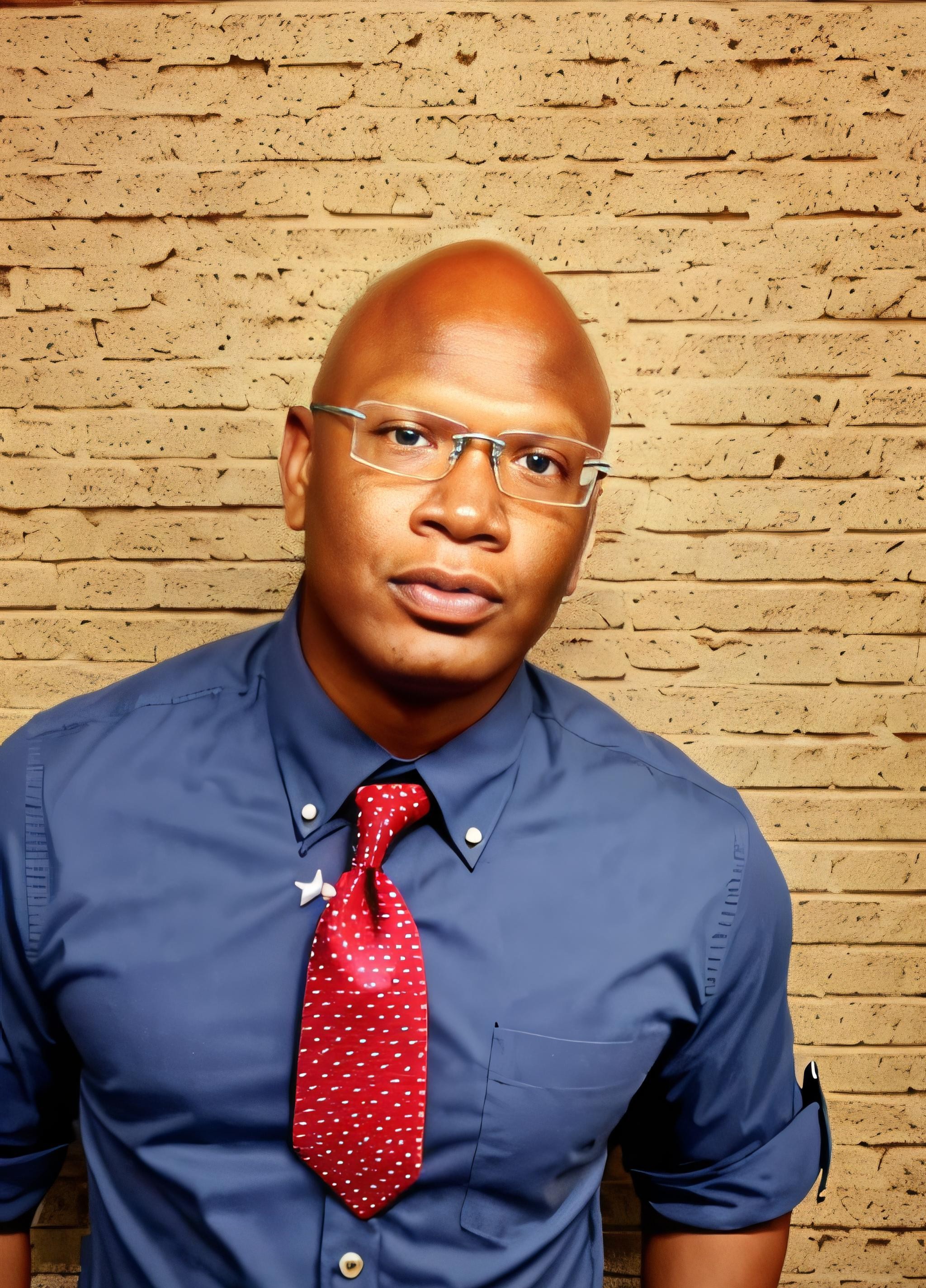
Unexpected Transformation: My Alopecia Journey Behind Bars
- Kardell Sims

- Aug 22, 2024
- 3 min read

When I first noticed that small patch of missing hair after a prison haircut, I thought nothing of it. "Just a nick," I told myself, chalking it up to a barber's slip. Little did I know, this tiny bald spot was the beginning of a transformation that would change my life forever.
At 24, locked up and far from home, I was already dealing with more stress than I knew how to handle. No visits, no money, barely any phone calls home. The constant threat of violence hung in the air like a heavy fog. Riots, stabbings, lockdowns – it was a pressure cooker of tension, and my body was silently absorbing it all.
When I confronted the barber about the "nick," his response threw me for a loop. "Man, that was already there. I thought it was a birthmark or something." Cue the internal panic. But in prison, you can't show weakness. So, I nodded, walked away, and pretended everything was fine.
Over the next few weeks, it was like my hair decided to stage a mass exodus. Patches started falling out all over my body. I'd wake up to clumps on my pillow, watch helplessly as my eyebrows thinned, and notice more and more smooth spots appearing where hair used to be. Within two years, I was as hairless as a newborn – everywhere.
On the outside, I kept it cool. Prison isn't exactly the place to have a emotional breakdown over your vanishing hair. But on the inside? I was a mess. It felt like my body was betraying me, adding insult to injury in an already tough situation.
What I didn't know then was that I was experiencing alopecia areata, an autoimmune condition where the body attacks its own hair follicles. Stress is a known trigger, and let's just say prison life isn't exactly a relaxing spa retreat. The complete hair loss I experienced is called alopecia universalis – the most extreme form of the condition.
Looking back, I can see how the perfect storm of physical and emotional stress created the ideal conditions for my alopecia to take hold. The isolation, the constant state of alertness, the poor diet, the lack of sunlight and exercise – it all adds up.
But here's the thing about losing all your hair in prison: it forces you to find strength you didn't know you had. When you can't hide behind your appearance anymore, you have to dig deep and figure out who you really are.
To anyone out there dealing with alopecia, whether you're behind bars or not, I want you to know this: you are so much more than your hair. Your worth isn't measured by the number of follicles on your head. It's measured by your resilience, your kindness, and your ability to keep pushing forward even when life throws you a curveball – or in my case, a whole bucket of them.
My journey with alopecia taught me that true strength comes from within. It's about loving yourself through all the changes, even when those changes are unexpected and unwelcome. It's about building a foundation of self-acceptance that no amount of hair loss can shake.
So if you're watching your hair disappear and feeling like your world is falling apart, take a deep breath. Remember that this is just one chapter in your story, not the whole book. You can build from here. You can redefine beauty on your own terms. And most importantly, you can use this experience to become an even stronger, more compassionate version of yourself.
Trust me, if I can find self-love and purpose after losing all my hair in prison, you've got this. Embrace the change, rock that smooth head (or wig, if that's your preference), and show the world that true beauty radiates from the inside out.
Remember, it's not about the hair you've lost – it's about the strength you've gained. Now go out there and shine, my fellow alopecians. The world needs your light.
Kardell








Comments